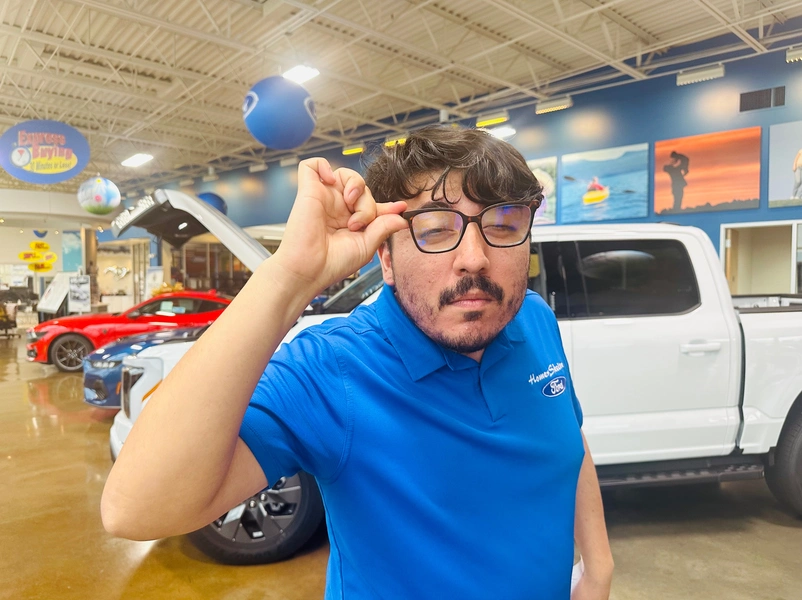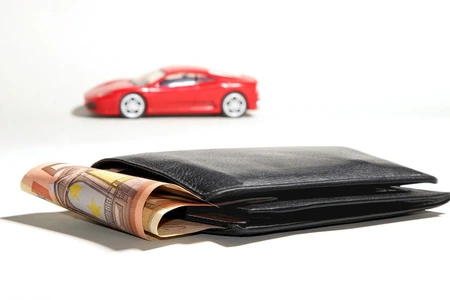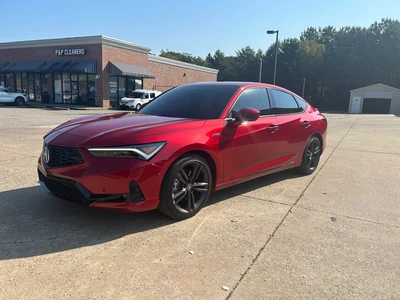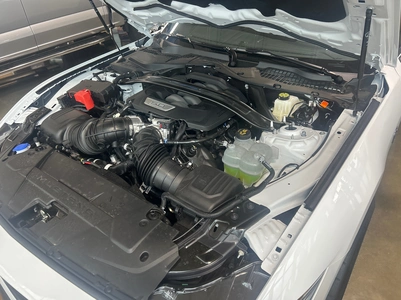Navigating the world of car buying can be challenging, especially when it comes to distinguishing a great deal from a mediocre one. As an experienced car salesperson, I've picked up a few insider tips that can help buyers make informed decisions. So, let's delve into some crucial tips on how to spot a fantastic car deal.
- Understanding Market Value - Firstly, it's vital to understand the car's market value. Utilize resources like Kelley Blue Book, Edmunds, or Autotrader to research the average price range of the vehicle you're interested in. These platforms compare prices based on make, model, year, mileage, and condition. Having a baseline for comparison can provide significant negotiation leverage and ensure you don't overpay.
- Check for Vehicle History - A low price tag can often be a red flag for potential hidden issues. Always ask for the vehicle history report. Tools like Carfax and AutoCheck can provide comprehensive reports detailing accidents, service history, and previous ownership. A car with a clean history often warrants a higher price, but it's worth the peace of mind.
- Inspect the Vehicle Condition - Even with a clean history, inspecting the vehicle condition is crucial. Look for signs of wear and tear both inside and out. If you're not mechanically inclined, consider getting a pre-purchase inspection from a trusted mechanic. While this may be an additional cost, it can save you from expensive repairs down the line.
- Understand the Total Cost - The sticker price isn't the only cost to consider when buying a car. Insurance, maintenance, fuel costs, and depreciation all factor into the total cost of ownership. Lower-cost vehicles can sometimes be more expensive in the long run due to high maintenance or fuel costs. Take the time to research and factor in these costs before making a decision.
- Be Wary of Upgrades - Some sellers or dealerships might offer additional features or upgrades that can significantly inflate the vehicle's cost. While these can be attractive, it's important to assess whether you really need them and if they add to the vehicle's value.
- Evaluate Financing Options - A great deal isn't just about the car's price, but also the financing terms. Compare all financing offers, ie,. dealership, bank, credit union, etc. rates. Sometimes a lower interest rate or shorter loan term can save you more money over time than a lower sale price.
- Know When to Walk Away - One of the most powerful tools in a car buyer's arsenal is the ability to walk away. If a deal seems too good to be true, it often is. If the price is too high or if there are too many red flags during the inspection or in the vehicle's history, don't be afraid to walk away.
Knowing how to spot a great car deal is an art that combines knowledge, research, and intuition. By understanding market value, thoroughly inspecting the vehicle, considering the total cost, and exploring financing options, you can confidently navigate the car buying process. Remember, the ultimate goal is to find a car that meets your needs, fits your budget, and provides reliable performance for years to come.
Ricardo Sotelo
(662) 804-3228
Homer Skelton Ford












